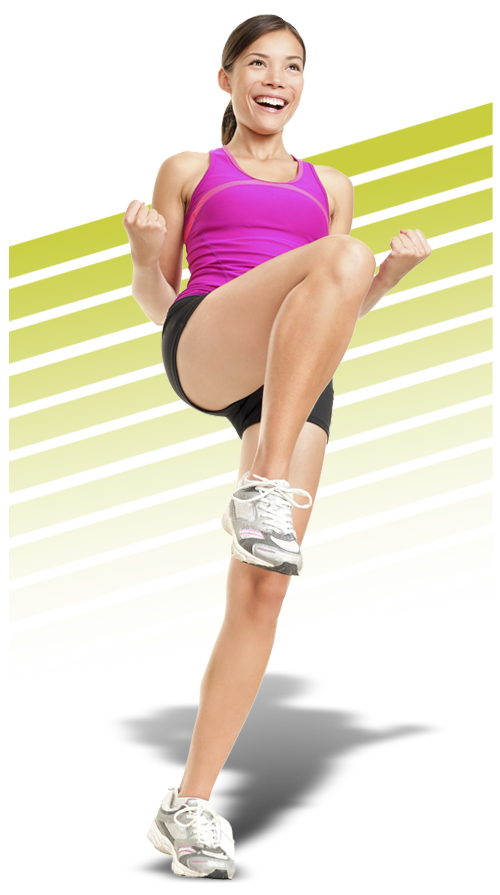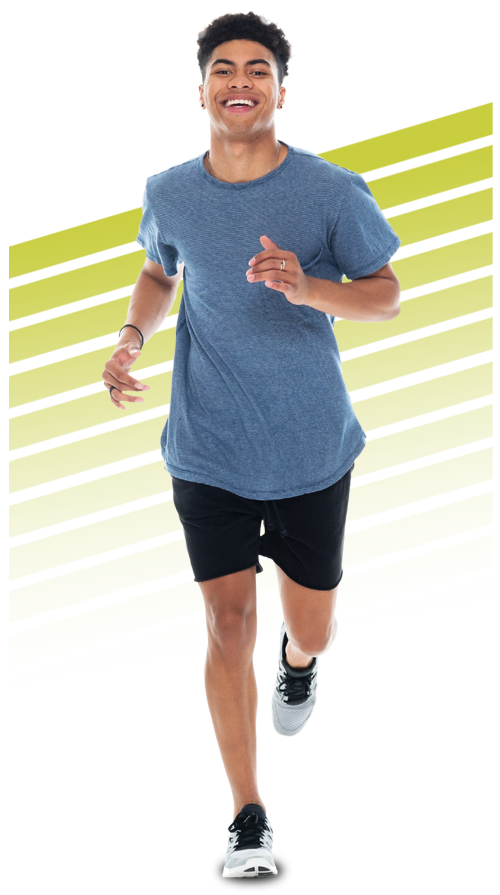Dead Lift Bingo
Get started this new year, by picking up your bingo card from the fitness team and get playing! Your challenge is to complete lines on your Bingo Card by trying new exercises, joining in activities, and building confidence with chest training.
How it works:
- It is simple, fun, and suitable for every fitness level.
- Complete any line on your bingo card to finish the challenge.
- Once complete, bring the card to reception or gym staff to be signed off.
- Full House gets you a BONUS prize draw entry!
Enjoy and have fun!
#MoveSouthwark #DeadLiftBingo #WorkoutOfTheMonth #DeltoidPower #StrongShoulders #FestiveFitness #CommunityChallenge #Fitmas #sleigh

Muscle of the month
Monthly workouts targeting specific muscles
Each month we’ll focus on a different muscle so you can learn how to train different areas of your body.

January Muscle of the Month: Pectorals
The Powerhouse of Your Upper Body!
Your pecs are made up of:
Pectoralis Major – The large fan-shaped muscle that powers your bench press, push-ups, and dips
Pectoralis Minor – A smaller but mighty muscle that supports your shoulder movement
Why Train Your Pecs?
– Improves upper body strength and endurance
– Supports everyday movements like pushing doors and carrying shopping
– Helps define and sculpt your chest for aesthetics
– Prevents shoulder injuries and improves posture
So next time you hit the gym, show your pecs some love with presses, fly’s, and dips!

Did you know
Your pectorals are involved in loads of daily movements, not just pushing weights in the gym!
Everyday Tasks That Use Your Pecs:
Pushing open a heavy door – Picking up a child or lifting a suitcase – Pushing yourself up from the floor after tying your shoes – Holding a plank or stabilising your arms while driving
Build a stronger chest
Try these moves!
Your pectorals love a challenge, so give them some variety with these top exercises.
1. Compound Moves (Big Lifts!)
2. Bench Press (Barbell or Dumbbells) – The ultimate chest strength-builder
3. Incline Press – Targets the upper pecs for a fuller look.
4. Dips – A hidden gem for chest development
Isolation Exercises (Finishing Moves!)
1. Fly’s (Cable or Dumbbell) Stretches and shapes the pecs
2. Push-Ups (All Variations!) Bodyweight training at its finest.
3. Svend Press – Crush a weight plate together for a deep pec burn
